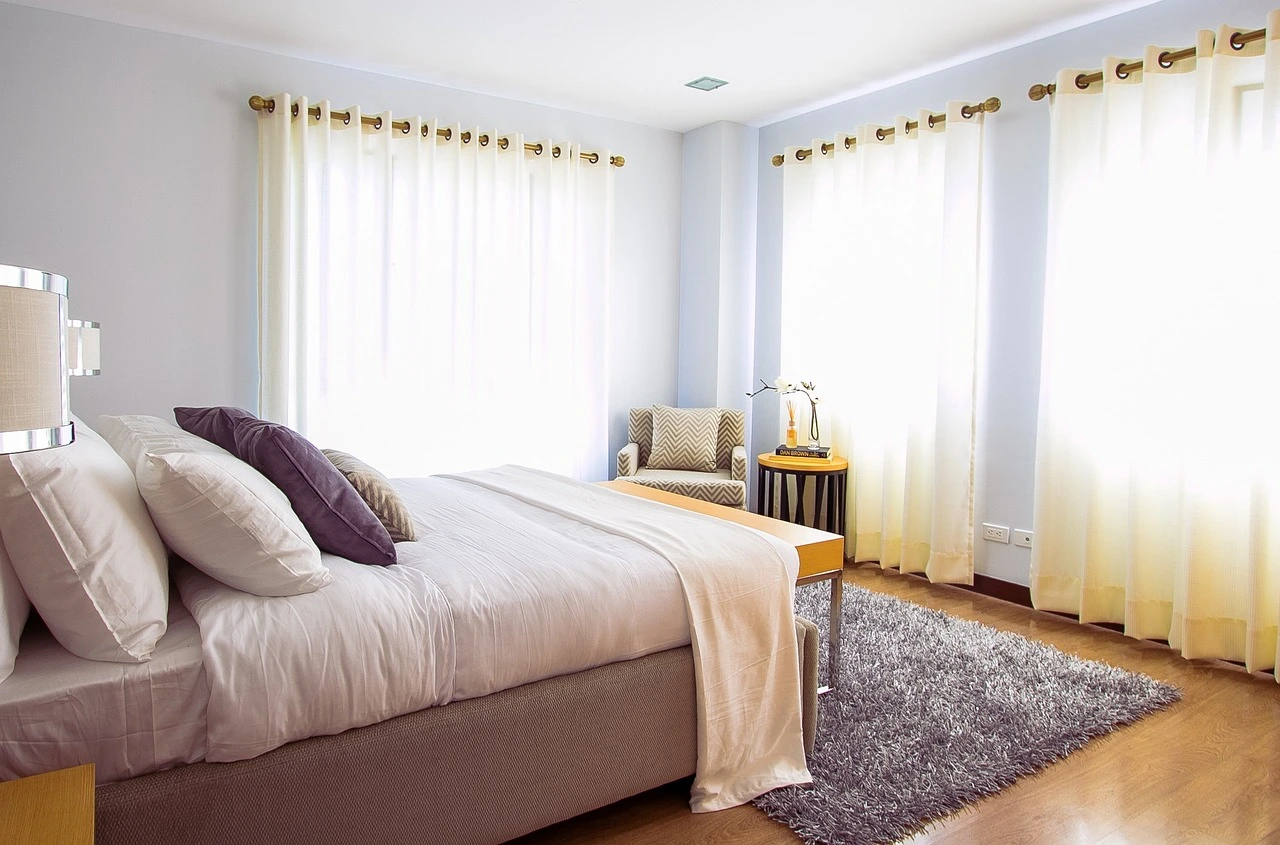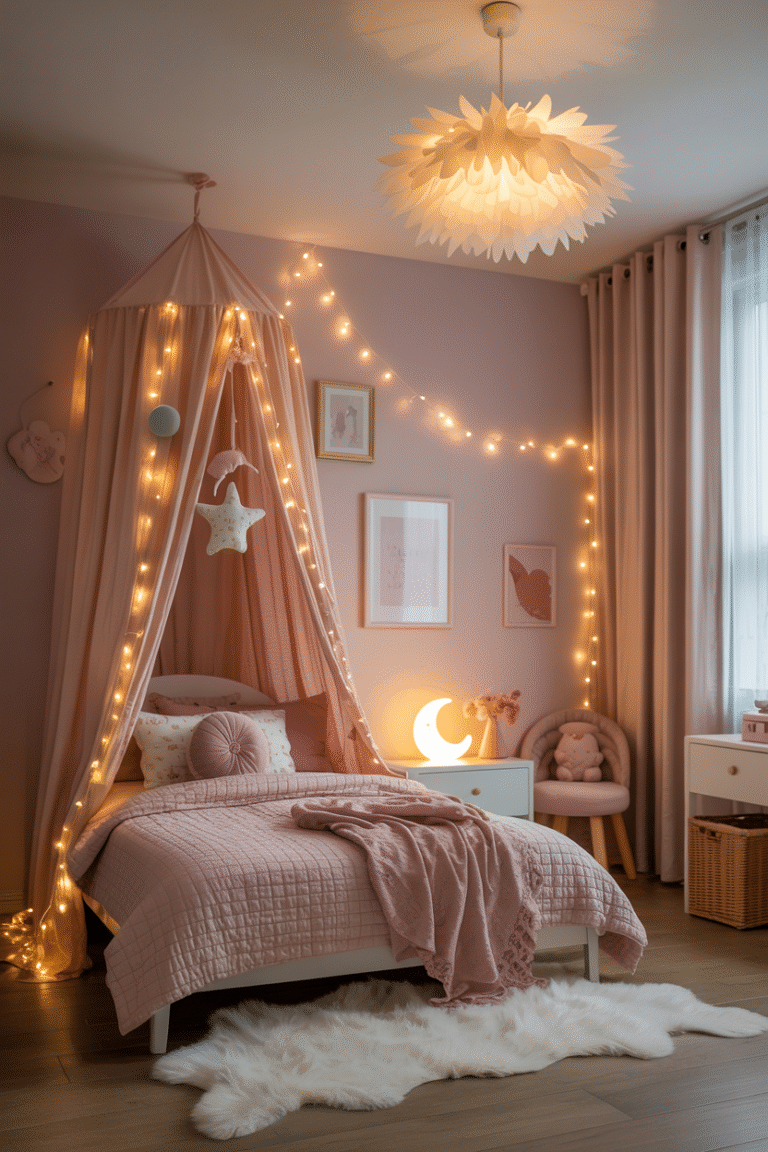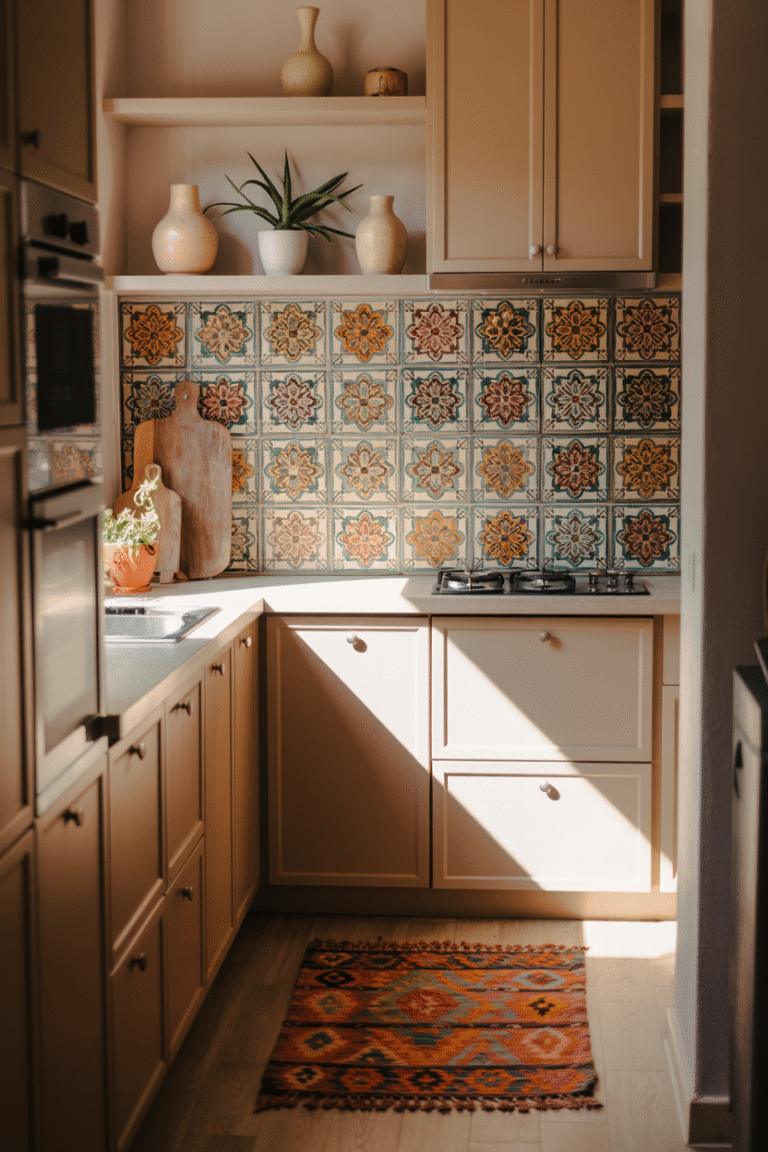
Let me guess, you’ve heard the term “bedroom tax” thrown around, maybe in a heated conversation or a confusing news segment, and now you’re stuck wondering, “Wait, does this actually affect me?” I’ve been there. A few years back, a friend of mine got a letter saying her housing benefit was being cut because of an “under-occupancy charge.” She panicked, thinking she’d done something wrong. Turns out, it was just the infamous bedroom tax in action.
If you’re here, you probably want two things: a clear explanation and real answers, not government jargon that makes your head spin. Good news: I’ve dug through the rules, talked to people who’ve dealt with this firsthand, and even helped a relative appeal their housing benefit cut. So, let’s break it down in a way that actually makes sense.
What Is Bedroom Tax and Who Does It Affect?
The Basics: It’s Not Really a “Tax”
First things first, the “bedroom tax” isn’t an official tax. It’s a nickname for the Under-Occupancy Charge, a policy that reduces housing benefits for people in social housing (council or housing association homes) if they have “extra” bedrooms. The idea was to free up larger homes for families who need them. Sounds reasonable, right? Well, in practice, it’s a lot messier.
I remember sitting with my friend Sarah as she opened her benefits statement. She lives in a three-bedroom house but only uses two rooms since her son moved out. Suddenly, her housing benefit was slashed by 14%. No warning, no help, just “Here’s your new bill, figure it out.” That’s when I realized how brutal this policy could be for people already on tight budgets.
Who Gets Hit by Bedroom Tax?
The rules are strict, but not everyone is affected. Here’s who needs to worry:
- You live in social housing (council or housing association). Private renters? You’re off the hook.
- You claim Housing Benefit or the housing part of Universal Credit. If you pay rent without government help, this doesn’t apply.
- Your home has more bedrooms than the government says you “need.”
The Bedroom Allowance Rules
The government uses a standard formula to decide how many bedrooms you “should” have:
- Single person or couple? 1 bedroom.
- Two kids under 10? They’re expected to share.
- Two kids of the same sex under 16? Also expected to share.
- Disabled child or adult needing a carer? You might get an extra room.
Sounds simple, but life isn’t. I’ve heard stories of families with kids just a few years apart being told to squeeze into one room, imagine a 15-year-old and a 9-year-old sharing space. Not exactly a peaceful home environment.
Who’s Exempt? (The Lucky Few)
Some people dodge the bedroom tax entirely:
- Pensioners (if you’re over State Pension age).
- Foster carers (you get one extra room for a foster child).
- Parents of armed forces members (if your child is deployed but still lives with you).
- Some disability cases (like if you need overnight care).
A neighbor of mine, Jim, was shocked when his benefits were cut, until he realized his wife’s disability status meant they qualified for an exemption. A quick call to the council fixed it, but he wouldn’t have known if he hadn’t asked.
The Biggest Problem? It’s Not Always Fair
The policy assumes there are smaller homes available for people to move into. But in many areas, there just aren’t. I’ve seen reports of families stuck paying the tax for years because there’s nowhere else to go.
How Is Bedroom Tax Calculated?
The Math Behind the Cut
Alright, let’s talk numbers, because that’s what really matters. The bedroom tax isn’t a flat fee; it’s a percentage of your rent. Here’s how it works:
- 1 spare bedroom? You lose 14% of your eligible rent.
- 2+ spare bedrooms? You lose 25% of your eligible rent.
Example: If your rent is £100 a week:
- One extra room = £14 less in benefits.
- Two extra rooms = £25 less in benefits.
That might not sound like much, but for someone on a tight budget, £14 a week is groceries, bus fare, or heating.
What Counts as a “Bedroom”? (Spoiler: It’s Vague)
Here’s where things get ridiculous. The government doesn’t define what a “bedroom” actually is. Landlords decide, and some get creative.
I once helped a guy challenge his bedroom tax because his “spare room” was barely bigger than a closet. The council still counted it. He ended up moving because fighting it was too much hassle.
Can You Appeal?
Yes, but it’s an uphill battle. You’ll need proof, like:
- The room is too small (under 50 sq ft is usually considered unusable).
- It’s not a proper bedroom (no window, weird shape, etc.).
- You have special circumstances (medical equipment storage, etc.).
A woman in Manchester successfully argued her “bedroom” was actually a storage space for her disabled daughter’s medical supplies. It took months, but she won.
The Hidden Costs
Even if you can move, it’s not free. Think about:
- Moving expenses (deposits, vans, new furniture).
- Disruption (kids changing schools, new commutes).
- Emotional stress (leaving a home you’ve lived in for years).
How to Avoid or Reduce Bedroom Tax
Option 1: Downsize (If You Can)
The government’s ideal solution is for you to move to a smaller place. But in many areas, there’s a shortage of one-bedroom homes. I’ve seen waiting lists stretching years.
Option 2: Take in a Lodger
Renting out the spare room can cover the loss. But be careful, it might affect other benefits. Plus, do you really want a stranger in your home?
Option 3: Apply for Discretionary Housing Payments (DHP)
Your local council might give you temporary help if you’re struggling. Emphasis on might, funding is limited.
Option 4: Fight the Classification
If your “bedroom” is really a glorified cupboard, challenge it. Gather evidence (photos, measurements) and be persistent.
Final Thoughts: Is Bedroom Tax Here to Stay?
Love it or hate it, the bedroom tax isn’t going anywhere soon. The best thing you can do? Know your rights, explore your options, and don’t assume you have to just accept it.
And if all else fails, maybe start calling that tiny room a “yoga studio” instead. Worth a shot, right?





